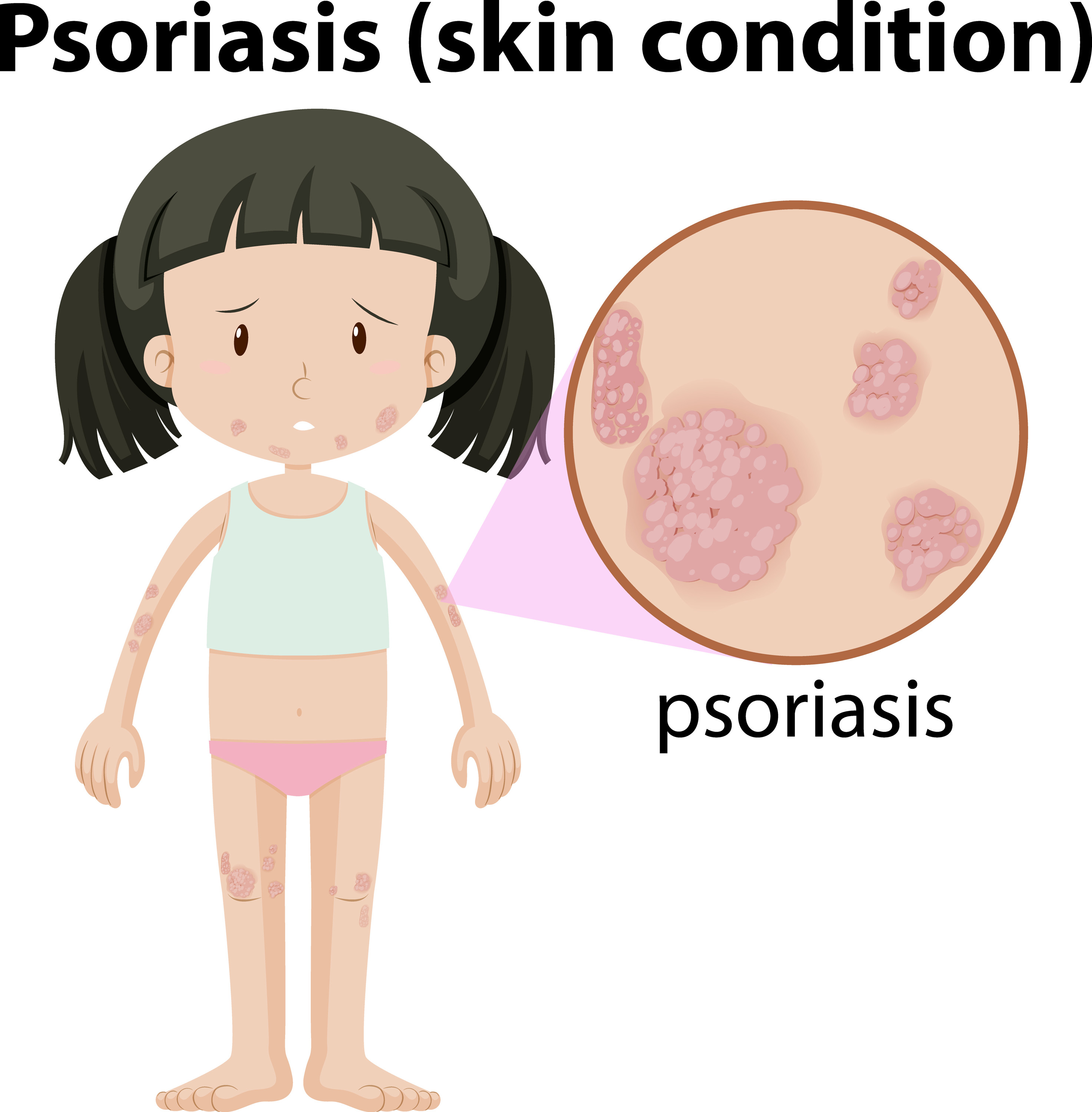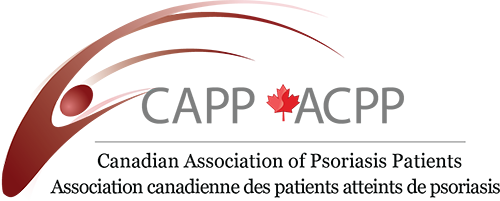A place just for you!
Lots of information and activities for you and to share with your friends and classmates
 Hey! If you’re reading this, you’re probably curious as to what’s been going on with your skin lately. You likely have seen these red, oval shaped patches growing on different areas of your skin. Those patches may also have silvery scales on top of them. Are they getting really itchy also? If so, I think you’ve come to the right place! If you went to your family doctor, they hopefully sent you to a special doctor, called a dermatologist. A dermatologist is a doctor that can examine the skin, tell you what’s going on, and make you get better! Dermatologists and other doctors refer to those red skin patches as psoriasis.
Hey! If you’re reading this, you’re probably curious as to what’s been going on with your skin lately. You likely have seen these red, oval shaped patches growing on different areas of your skin. Those patches may also have silvery scales on top of them. Are they getting really itchy also? If so, I think you’ve come to the right place! If you went to your family doctor, they hopefully sent you to a special doctor, called a dermatologist. A dermatologist is a doctor that can examine the skin, tell you what’s going on, and make you get better! Dermatologists and other doctors refer to those red skin patches as psoriasis.
There may be many questions buzzing through your head right now. What is psoriasis, and why in the world is it showing up on my skin? Well you’re not having an allergic reaction to anything, it’s not a contagious disease, and it’s not because of poor hygiene! Psoriasis is a skin condition that occurs when your skin cells shed at a much faster rate compared to normal. Normal skin cells will shed every 30 days, while those red, itchy skin cells in psoriasis will shed every 7 days. In fact, 3 out of every 100 people, in both children and adults will also have psoriasis.
In adults, psoriasis patches are commonly seen on the elbows, knees, their scalp, around the belly button, and in the lower back. In children, it is more common to see the patches on the face, joints (elbows, and knees), inside the ear, and for babies, they are seen in the diaper area. The skin is dry, cracked, itchy, burning, and it may even bleed if you scratch it enough (so try not to scratch). You may even see changes to your finger nails! Some children with psoriasis may also have pain in their joints, called arthritis.
That’s a lot of information! But I haven’t provided you with the most important information; the treatments for psoriasis. Before I tell you all the treatments, you should know that there is no 100% cure for psoriasis. But there are medications your dermatologist can give to help get relief from the symptoms. For most people your age, the doctor can give you some type of cream, lotion, or ointment that you apply to your skin. Although it can get a little messy when rubbing it on, it should help for most youth. A second treatment is a really cool treatment called light therapy. You know the light rays that are coming down from the Sun? Well in this treatment, a doctor can use light with similar energy from the Sun, and shine it directly onto the psoriasis patches. This is used for people who may not get better from the first treatment. The third option is to take a pill or an injection – but this is used for children with more severe psoriasis. Let your doctor know if your medication is working or not! That way, he or she can change how much you take, change to a different medication, or add a new medication.
So other than following your doctor’s advice, what choices can you make at school and home to make sure you see less patches? 
- Some children have foods in their diet that can trigger their psoriasis. Eating a lot of fruits and vegetables and eating loss sugary sweets may help with decreasing the amount of triggers you get!
- Staying at a healthy weight can also help lower the risk psoriasis flares.
- Having clean, moisturized skin can also lessen some of the symptoms you’re having
- Finally, spending time outdoors, with exposure to natural light may also limit the amount of psoriasis patches that develop on your skin.
Having psoriasis may be difficult to deal with. Some children feel embarrassed, shy, and nervous about having their skin seen by their friends and classmates. Those feelings are very common, and it’s important to recognize them. You may benefit from speaking to your family members, your doctor, or a close friend. Getting the right emotional support can be useful during this period of time.
CAPP would like to thank our volunteers Khalad Maliyar and Muskaan Sachdeva for their contirbutions to this section of the website.






